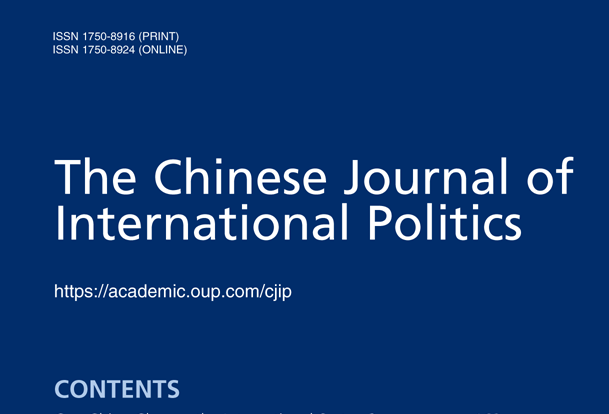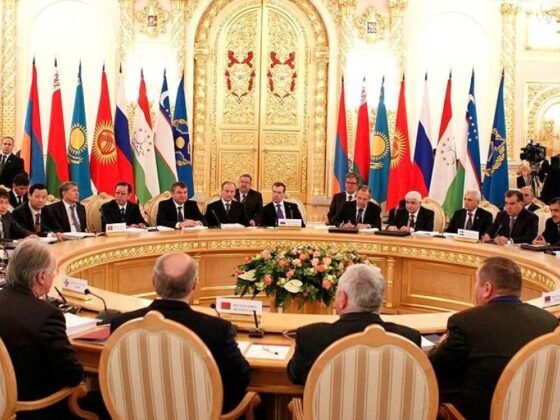(The Chinese Journal of International Politics) Abstract: Although recent scholarship has advanced our understanding of status, little attention has been paid to the factors that shape states’ status-seeking behaviour. Consequently, existing theories are unable to explain why Russia has been more aggressive and confrontational in its status-seeking than China. What is missing is a detailed examination of the ways in which status-seekers’ power trajectories affect their status-seeking behaviour. Whether a status-seeker is rising or in decline shapes its propensity to take risks in pursuit of status, its calculations regarding the utility of attaining more status, and its ability to use non-confrontational and non-aggressive status-seeking strategies to induce other states to accord it higher status. Declining powers, such as Russia, engage in aggressive status-seeking to avoid imminent status losses. Decliners need to initiate confrontations with other states to compel them to recognise their status. Risers, such as China, are more cautious and restrained. Recognising that aggressive status-seeking can jeopardise imminent gains, they are conscious of the costs that accompany elevated status. Their admirable successes and growing power, moreover, make other states all the more willing to accord them higher status. Risers, therefore, can enhance their status without resorting to aggressive or confrontational methods.
Read More © The Chinese Journal of International Politics
Co-author: Zhang Chang











